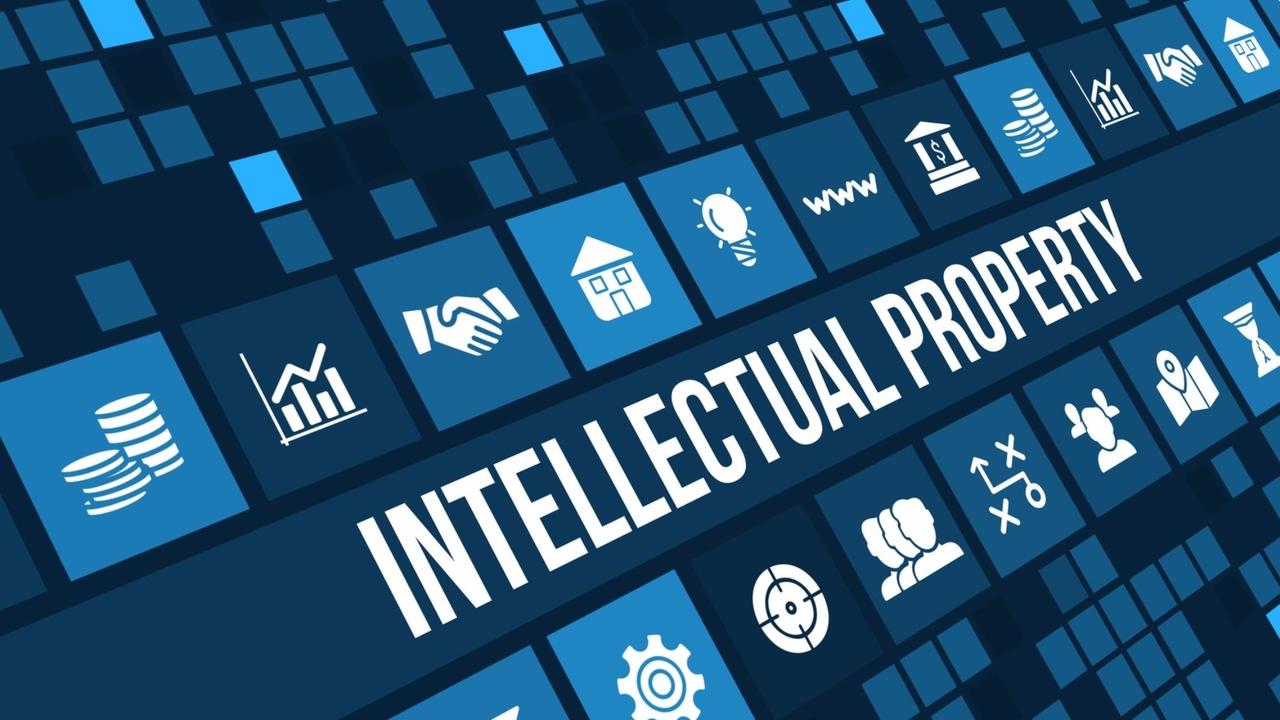What is blockchain?
A blockchain is a virtual decentralized ledger that allows for the adding and tracking of entries. A decentralized ledger is not regulated by a single entity; rather, the decentralized ledger is regulated by a community of individuals, who prevent entries from being modified or removed from the blockchain database. The blockchain database allows for communication, storage, and processing of the entries added by the community. The blockchain database is publicly accessible to those who are interested in reviewing a copy of the entry.
Individuals who contribute to the blockchain’s computing power are given a unique identifier that allows for tracking of entries added to the blockchain database. Members to the blockchain community can use unique identifiers to contract with each other. For example, members of certain blockchains may contract over real estate. The process of contracting between members of the blockchain community is named “Smart Contracts.” Smart contracts are programmed protocols “that facilitate, verify, or enforce the negotiation or performance of a contract, or that make a contractual clause unnecessary.”
Smart contracts help you exchange money, property, shares, or anything of value in a transparent, conflict-free way, while avoiding the services of a middleman. The best way to describe smart contracts is to compare the technology to a vending machine. Ordinarily, you would go to a lawyer or a notary, pay them, and wait while you get the document. With smart contracts, you simply drop a bitcoin into the vending machine (i.e. ledger), and your escrow, driver’s license, or whatever drops into your account. More so, smart contracts not only define the rules and penalties around an agreement in the same way that a traditional contract does, but also automatically enforce those obligations.
Blockchain provides an opportunity to streamline a timely and costly patent process
It typically takes a very long time for a patent to be reviewed and approved. Traditionally, inventors and patenting agents conduct preliminary research and determine whether an invention should be patented. For an invention to be patentable, the invention must be (1) novel, (2) non-obvious, and (3) useful. To determine whether an invention is novel, an inventor or patenting agent conducts patent research, which could take 1-3 weeks. If there are not conflicting patents, it will take an average of 2-4 weeks to draft the application for the client to review. Finally, the patent would be reviewed and approved; however, this process could take 32 months to 3 years.
One of the first large costs that an inventor or small business owner obtains is the cost of a patent search. This occurs when the inventor or small business owner hires an intellectual property attorney to conduct patent searches for prior art. Hiring an intellectual property attorney will cost the inventor or small business owner well over $1,000. The second large fee for drafting a patent comes from the hiring of an IP attorney to handle this complex process. This process will cost the inventor or small business owner anywhere from $2,000 to $20,000 depending on complexity of the invention. Finally, the cost of submitting the patent to the USPTO can range from a few hundred to a few thousand depending on the invention. These costs can be cumbersome to a small business owner and inventor trying to patent their invention.
Using blockchain to automate the patent application can decrease the overall time and cost
The patent application process is one of the best possible uses for a blockchain platform because it would enable inventers and small business owners to save on cost, facilitate faster transactions with the USPTO, and give greater transparency to processes. Searching for patents can be a difficult task because each country or region records its own patents in a closed off registry. A patent blockchain would provide a database for patents globally, opening searches of patents in America and abroad. A patent blockchain would also allow access to prior art globally, resulting in a decrease in patent searching cost and the time a patent examiner spends on that patent. Finally, blockchain would allow for an integrated, cloud based collaborative platform that would automate and streamline the patent application process.
Blockchain would have the capacity of cutting prosecution and processing time of the patent application by weeks, while still retaining the quality. Blockchain has the unique opportunity to ease patenting cost for inventors and small business owners so that more capitol can be spent on developing the invention or marketing. Blockchain also has the capacity of cutting the number of litigation cases by prevent duplication of similar patents. Therefore, blockchain provides endless opportunities to field of intellectual property, including but not limited to my next topic smart contracts and licensing.

